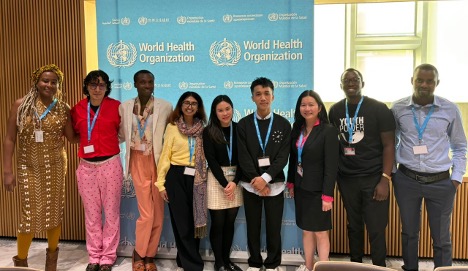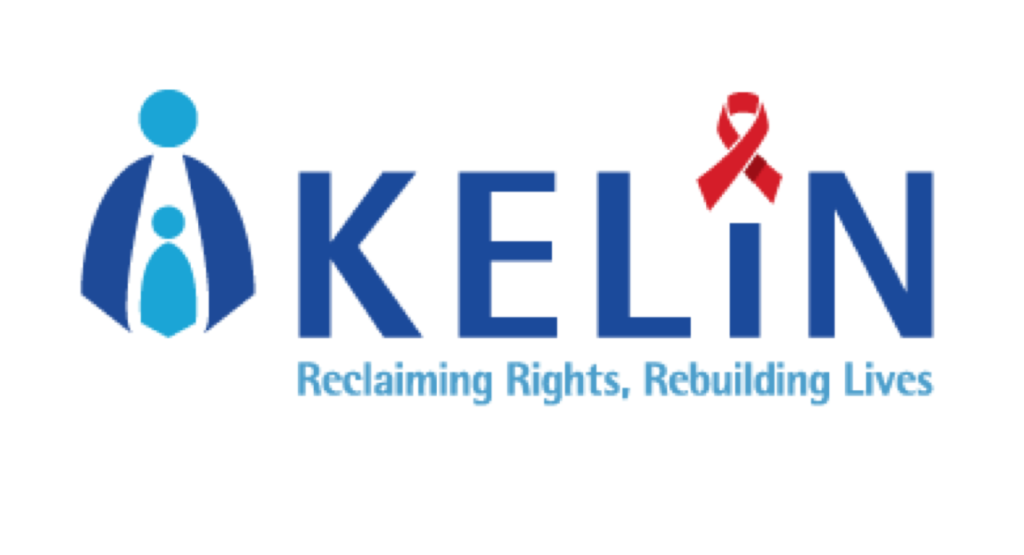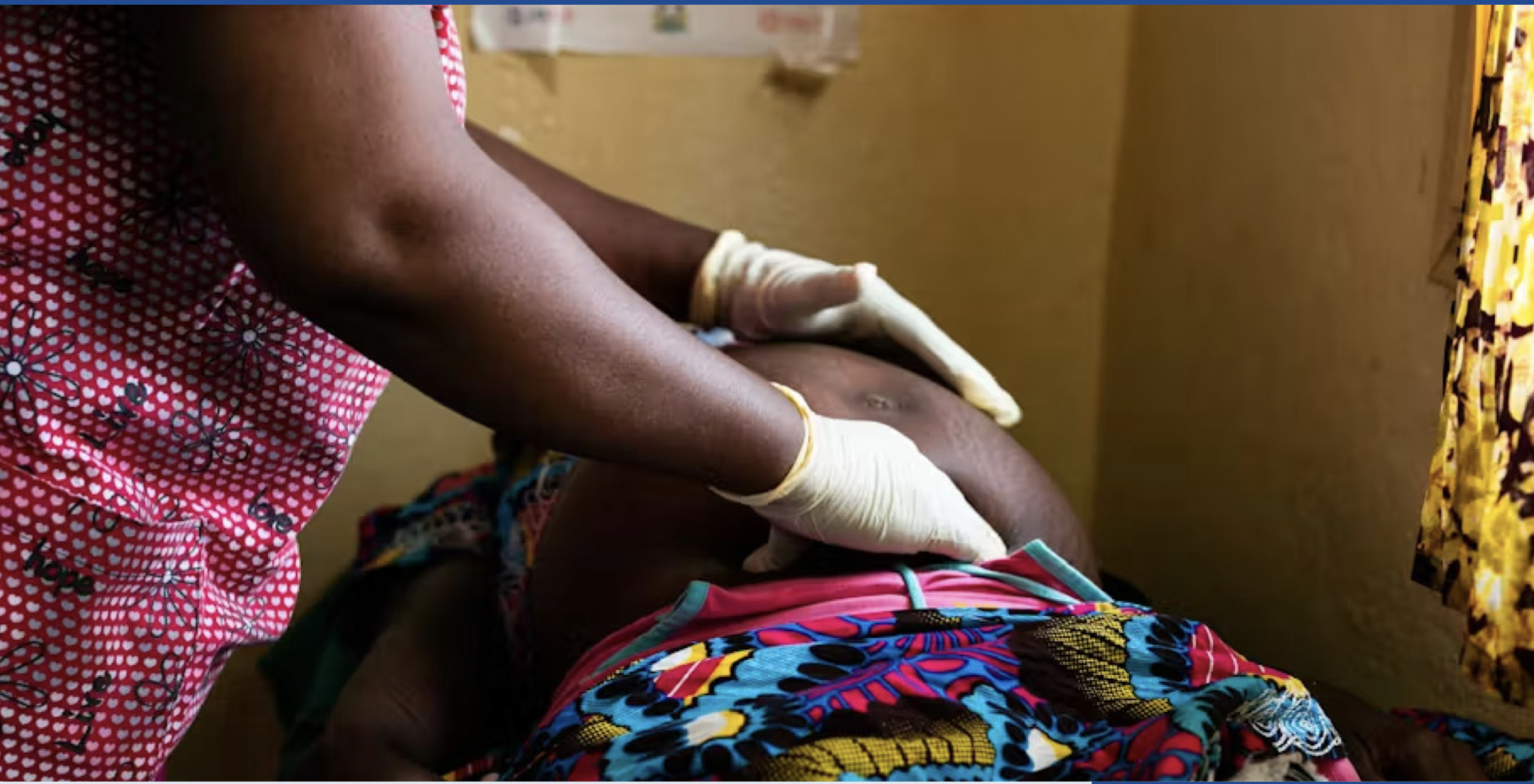Reflections by the Community Advisory Team representatives of the Digital Health and Rights Project
By James Kiilu (Kenya), Desirée Santiago (Colombia), Anh Tu Nguyen (Vietnam), Richard Fischere Kwofie (Ghana)

In September, Community Advisory Team (CAT) representatives from Kenya, Colombia, Vietnam, and Ghana—attended a two-day workshop in Geneva themed “Towards People-Centered Digital Health Strategies: Gender, Equity, Rights, and Inclusion.” The workshop brought together various partners from the Digital Health and Rights project, the World Health Organization, civil society, and academia.
The key presentation was a report by the University of Warwick, analyzing the national digital health strategies of 20 countries through a gender, equity, and rights lens. The analysis highlighted some positive strides, including considerations of privacy, data security, confidentiality, accountability, and transparency. However, significant gaps were also identified, particularly the lack of emphasis on gender inequalities and the inclusion of diverse populations.
As CAT representatives—Desirée Santiago (Colombia), Richard Fischere Kwofie (Ghana), James Kiilu (Kenya), and Anh Tu Nguyen (Vietnam)—we commented on the report and shared personal experiences and challenges from our communities. We emphasized that the findings reflected the realities in our countries, where issues of gender equality and inclusion of key populations are often overlooked in policy discussions. We called for increased youth engagement in digital governance.
The workshop highlighted the need to look beyond just the number of people accessing digital health services. Instead, we need to focus on more qualitative issues like gender equality, human rights, and inclusion—not just in digital health, but across the entire healthcare ecosystem.
While progress has been made in promoting access to digital health technologies, certain populations continue to face disproportionate challenges. Many are unable to access digital health platforms, suffer from digital harms such as privacy breaches, or are exposed to violence, all of which contribute to poor outcomes and deter them from using these technologies. For instance, in Colombia, cisgender women, due to fear, stigmatization, and lack of family support, rely on digital platforms for health information. Unfortunately, many of these platforms use discriminatory and stigmatizing language. Similar issues were identified globally, as Clayton Hamilton’s presentation revealed that access, usability, and language barriers remain significant challenges for women and key populations in Europe.
We also noted that while privacy and data security are recognized in our countries’ digital health strategies, there are no specific objectives or plans to address these issues among vulnerable groups such as LGBTQ communities, people living with HIV, and women.
Our Reflections and Key Takeaways:
1. Supporting Digital Literacy for Young People
Desirée Santiago from Colombia highlighted that digital literacy extends beyond simply navigating platforms. It also involves knowing how to protect oneself from online harms, differentiating credible information from misinformation, and understanding one’s rights. Digital strategies should incorporate a human rights-based approach and ensure citizens are aware of their rights.
2. Bridging the Digital Divide
Anh Tu Nguyen raised the issue of digital divide, particularly among rural populations and key groups. Similar patterns were observed in Kenya, Ghana, and Colombia. As James Kiilu pointed out, these divides stem from systemic inequalities in healthcare. Addressing these disparities requires a comprehensive approach across different sectors of the healthcare system, not just within digital health.
3. Challenges of Accessing Credible Information
In Colombia, cisgender women face stigmatization and must rely on digital platforms for health information, many of which are discriminatory. This is just one example of the broader global issue where key populations struggle to access reliable health information.
4. Promoting Inclusion
Addressing challenges in the digital health landscape requires intersectional approaches that consider the experiences of different populations, including transgender people, sex workers, immigrants, and those in rural or hard-to-reach areas. Incorporating these perspectives is essential to ensure fairness. We emphasized that meaningful engagement should not be a formality but a well-defined process.
Richard Fischere from Ghana noted that understanding the issues affecting young people and key populations is an ongoing process that requires deep engagement with community structures, values, and human rights principles.
James Kiilu further stressed the importance of making digital health strategies inclusive, especially for marginalized groups like men who have sex with men and female sex workers, who are often left out of policy frameworks.

Way Forward
The issues of gender equality, human rights, and inclusion in digital health are critical and deserve more attention in national planning, rather than being merely mentioned. Moving forward, we will continue advocating for these issues in our respective countries and communities.



